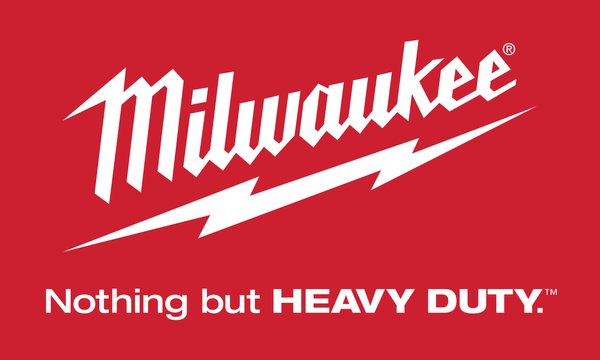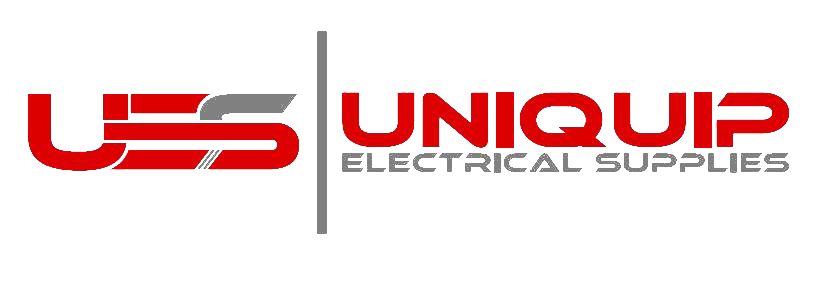Coronavirus (COVID-19) – A Short Guide for Employers

COVID-19 is the most significant challenge for businesses in modern history, with the health and safety of everyone in your workplace being the obvious priority. Members will appreciate that it simply is not possible to provide general advice in relation to COVID-19, as it will depend upon the particular circumstances. However, some key concerns have emerged in recent weeks relating to health and safety, workplace laws, as well as contractual and statutory compliance.
Frequently Asked Questions:
(1) What are employers’ obligations if an employee is tested positive to COVID-19 or is required to be quarantined?
First and foremost, all employers and employees must ensure, so far as reasonably practicable, the health and safety of workers. Secondly, some quarantine directions are government mandated under the Biosecurity Act and must be complied with. In short, employees in this situation should not be permitted to work where they could come into contact with others.
(2) How do they get paid during this period? Are they entitled to use sick leave for quarantine even if they are not sick?
If an employee is ill, they are entitled to personal leave (commonly referred to as sick leave) but, if the employee is not ill and is placed in isolation simply as a precaution, then strictly speaking there is no entitlement to personal leave under section 97 of the Fair Work Act. However, because this is a ‘once in a generation’ pandemic, we suggest employers should be flexible, act with compassion and come to some agreement with employees regarding the taking of sick leave if them entering quarantine becomes an issue.
(3) What if they do not have sick leave?
It would then be classed as unpaid leave, unless the employer and employee come to an agreement whereby the employee is allowed to enter into a negative sick leave balance or access accrued annual or long service leave (if available). Where a company decides to provide special leave, other discretionary arrangements or offer ex-gratia payments, the company should clearly communicate that this has been provided at the employer’s discretion and is exclusively based on the current situation.
(4) Is it the employer’s responsibility to direct an employee to self-quarantine, or is that a voluntary act?
It is the employer’s duty under OSH legislation to prevent a risk of infecting other employees. In certain circumstances, it is a lawful direction from the Health Department under the Biosecurity Act and must be complied with. Refer to the Australian Government Health Department website for the latest COVID-19 resources, including requirements for self-quarantine.
(5) Can I send employees to a site if there is possible exposure to COVID-19 at that site or building?
In accordance with your OSH obligations, prior to sending your employee to perform work in another location, you should make reasonable enquiries with the client to confirm to the best of their knowledge, whether they, or anybody at the site or building, have been in close proximity or in close personal contact with anyone suspected or confirmed to have COVID-19.
(6) What happens if an employee comes to work with flu symptoms, like fever and a cough? Should I make changes as to how I control access to my workplace?
It depends, but prior to granting workplace access to an employee (or subcontractor, client or visitor for that matter) we recommend a short questionnaire with questions such as:
(a) Have you travelled outside of Australia or had close personal contact with anyone who has travelled overseas in the last 14 days?
(b) To the best of your knowledge, have you been in close proximity or in close personal contact with anyone suspected or confirmed to have COVID-19?
(c) Do you have a fever and any of these symptoms: Cough, sore throat, nausea or difficulty breathing?
- If they answered YES to a) or b), do not allow entry to your workplace and direct them to self-isolate as directed by the Health Department.
- If they answered YES to a) or b) and c), do not allow entry to your workplace and direct them to seek medical attention.
- If they answered YES to c) only, then the employee should stay home and be granted personal leave as you would normally do.
(7) Can I stand employees down if a business contract has been suspended or cancelled due to COVID-19 and I don’t have other work available?
Employers must comply with contractual and statutory minimums, such as the Fair Work Act, Modern Awards, Enterprise Agreements, State legislation and employment contracts. However, the Fair Work Act (and some Enterprise Agreements and employment contracts) includes an ability to stand employees down and cease making payments if there is a stoppage of work for a cause for which the employer cannot reasonably be held responsible (Section 524).
We recommend employers act with compassion and discuss options such as allowing employees to draw on annual or long service leave, working from home, switching to part-time work, split shifts or taking leave in advance by agreement, before directing them to take leave without pay.
Please note that employees cannot be stood down indefinitely and if it is clear that a position has become redundant, the employer is obliged to comply with legislative, Award and contractual obligations in relation to redundancy.
(8) How do I meet current business contract obligations if employees are quarantined and not able to come to work?
Typically a force majeure provision will relieve an affected party that is prevented or delayed from performing its contractual obligations due to an event that is not within its reasonable control, where the affected party is not reasonably able to prevent or overcome the event. To determine if COVID-19 constitutes a force majeure, it will depend on the contract terms and the circumstances.
If a party is prevented or delayed from performing contractual obligations due to COVID-19, the company should analyse their contractual obligations and whether they can:
- Suspend performance;
- Seek to vary the terms of the contract; or
- Terminate the contract entirely.
In absence of a force majeure provision, or if the definition excludes a pandemic, a business should review other provisions of the contract, such as any termination for convenience or variation provisions. At its most extreme, a party may argue that the contract is frustrated altogether and the parties discharged from their contractual obligations.
Much will depend upon the particular circumstances but employers should make efforts to minimise the impact of COVID-19 on their businesses:
- Closely monitor the Department of Health website for updates on COVID-19 and follow all directions from government. Do risk assessments to ensure what is known (or what reasonably ought to be known) about the risk to employees as well as review infection controls such a good hygiene and social distancing to ascertain if they remain effective.
- Ensure employer mandated isolation or stand down decisions are based on reasonable safety concerns, directions from the Health Department or genuine business requirements and are not based on discriminatory or unlawful reasons, which could expose the company to risks of adverse action or discrimination claims.
Other matters to consider:
Privacy
Employers should consider the Privacy legislation, their Privacy policies and avoid disclosing personal information beyond what is necessary. They should ensure health data remains anonymous and obtain consent before circulating any personal information.
Workers Compensation entitlements
Depending on the circumstances and how the COVID-19 virus was contracted, employees may be entitled to workers compensation. The legislation may vary between jurisdictions but generally the employee’s employment must have significantly contributed to the employee contracting the virus. Implementing the measures listed would reduce the risk of such claims.
Australian Consumer Law (ACL)
Where pricing is increased unilaterally in response to the market circumstances the ACCC may be concerned about a misuse of market power and may investigate “price gouging” and misleading or deceptive conduct, which are prohibited by the ACL.
In summary, situations concerning health and safety, workplace laws, privacy, workers compensation and contractual and legislative compliance, should be evaluated on a case-by-case basis and we recommend you seek advice before you take action.
Disclaimer: This summary is a guide only and is not legal advice. For more information, call ECA Legal on (08) 6241 6129 or email ecalegalwa@ecawa.org.au
















